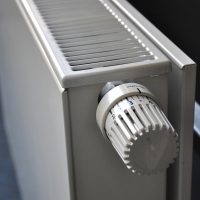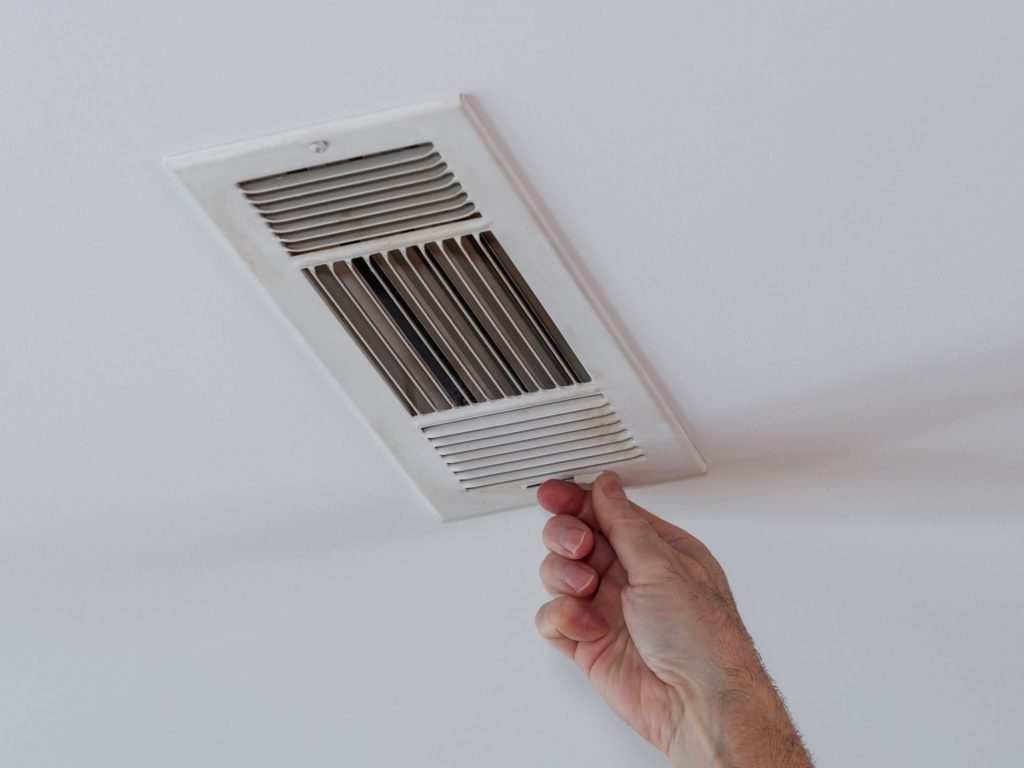5 Tips for Saving on Heating Costs in 2021

We’re all trying to brainstorm ways to save money in the new year. Maybe it’s your resolution this year to save up for something, maybe you’ve taken stock of your spending habits, or maybe you want to be eco-friendly. Whatever your reasons, we’ve thought up five different ways you can cut back a little on your heating costs in 2021.

1. Take Stock of What You Have
The first thing you should do is check out where any drafts are and if there are obvious places where heat is lost more easily. Is there a room you walk into and think, “It’s so much colder in here”? Investigate your windows and any other potential heat escapes you might have in that room. If you think the heat loss is in the windows, try closing your drapes every night or installing heavier drapes in the winter. If you think your air conditioning may be to blame, you could always call out the professionals, like https://nanceservices.net/eads-ac-services/, to come out and take a look and see if they can get to the bottom of the problem.
Do you have an open fireplace? If you aren’t using it, consider placing a chimney balloon in it. A chimney balloon is an inflatable stopper you can use in place of a damper in your chimney.
Do you have an old-fashioned door with a built-in letterbox or keyhole? You can find or make a cover for them-you’d be surprised at how much heat could be lost there.
2. What Can You Augment or Modify?
Study your usual energy consumption habits. If you usually turn your heat up at night, could you instead turn down the heat at night and use a heated blanket with a timer or a hot water bottle or a warmer you can heat up in the microwave? You won’t feel the heat effects after you fall asleep, and studies have shown that a cooler sleep environment promotes better sleep as well.
In the same vein, it usually takes about 30 minutes for a house to cool down after you turn down the heat (possibly longer in houses built more recently and with newer insulation), so you can turn down heat about 30 minutes before you plan to fall asleep. If you have a programmable thermostat, you can set it to do this automatically each night and then set it to warm up again a little before your alarm goes off in the morning. You can have one installed by an HVAC expert, like the ones at https://siriuspac.com/mckinney-air-conditioning-services/, so you can use it to reduce your energy bills.
If you already have plans to purchase a new home appliance, make sure it’s an energy-efficient model, and you’ll save a little more. There might even be tax benefits in your state for choosing energy-efficient products.
3. Maybe It’s Time to Upgrade Your Windows
Windows can take up about 15 to 20 percent of the surface area of walls in your home, which means they are key if you want to heat your home more effectively (and to stay cool in the summer months). If you can hear a lot of outside noise; if you feel a draft coming from them, even when the windows are closed; or if you notice that your window frames are soft or water damaged, it may be time to replace them with some slightly more energy efficient replacement windows.
It could also be that your windows weren’t installed correctly or that the seals have failed. Your new windows should be double- or triple-pane glass insulated with argon or krypton gas. This will not only help you save on your heating costs, but it can make your home quieter, as it insulates from outdoor noise.
Unfortunately, soft window frames indicate that they’re probably beyond repair since that’s due to water damage. However, by replacing these, you might be able to clear up some air quality issues in your home because you’ll remove a source of rot.
4. Consider the Kitchen
Cooking uses a lot of heat energy, which you can turn to your advantage. Remember how it takes about 30 minutes for your house to cool down after turning down the heat? What if you turned it down about 30 minutes before you start using your conventional oven or stovetop? Using your oven instead of your microwave, your toaster oven, or your slow cooker. Instead, try warming your kitchen (and possibly a good chunk of your house) from the heat of the conventional oven. If you’re able to, you can leave your oven open for a few minutes after the meal is done but before the oven cools down all the way.
Give some thought to your use of your fridge as well. When you’re done grocery shopping, do you open your fridge every time you have something to put in there? Or do you leave your fridge open the whole time you’re rummaging through those grocery bags looking for fridge-specific items? If you leave your fridge open for a long time, it could lower the ambient temperature of your kitchen, which would trigger your heat to turn on. Instead of holding the door open or opening and shutting it repeatedly, pile everything you want to put in the fridge on a nearby counter and then put them away all at once so that your fridge door isn’t standing open. Your heater won’t have to work overtime to bring the kitchen back up to temp.
5. Put a Spin on Your Laundry Routine
Your laundry room can be a source of heat as well, especially that dryer. Take some time to consider what your laundry room temperature is like whenever you run the dryer for a load. If the room or that area is warmer than usual after your run a load or two, consider turning your heat down 30 minutes before (or right as) you start the wash cycle.
If you plan on washing your delicates or other clothing that requires an “air fluff” or a low-heat setting, maybe you can add in a load of sheets, pillowcases, towels, or washcloths. It’s best to wash these items in a hot cycle and then dry them on high heat since they’re typically heavily soiled or have germs on them. A hot cycle will kill those germs-and heat your house too.
This is also a good opportunity to check out how full your dryer loads are. If the load is too full, it will take longer for your clothes or sheets to dry. It would be better to have two loads that are not-quite-full, rather than one load that’s over-full. Not only does your laundry dry more evenly, but you’ll heat the house with your dryer longer as well.
We hope these tips help you out. Of course, if you have any questions about your heating systems, we’d love to answer them.




